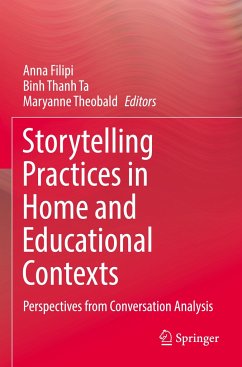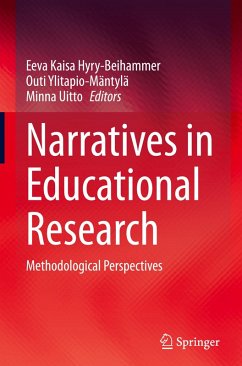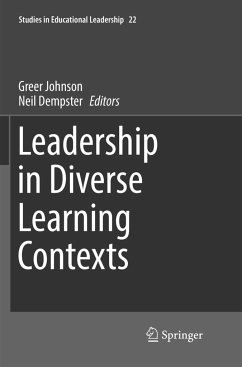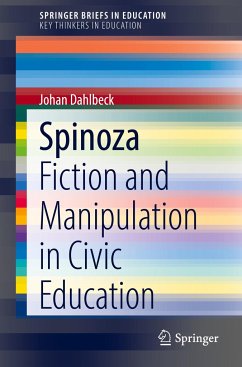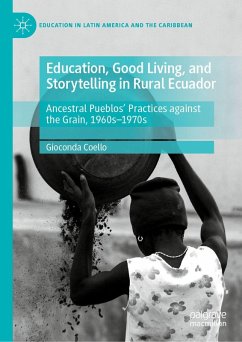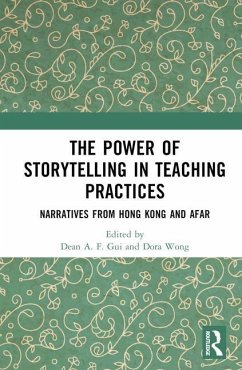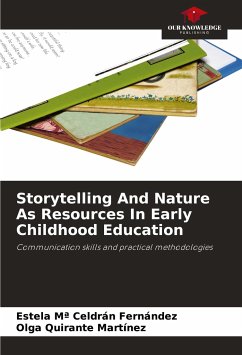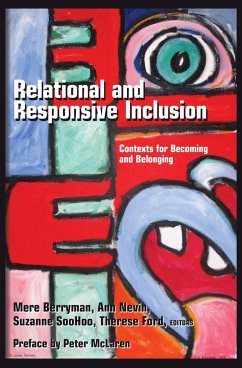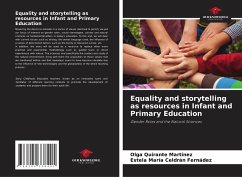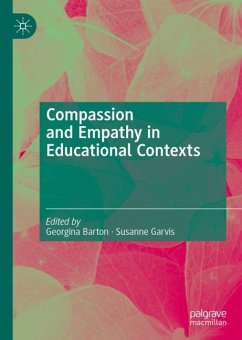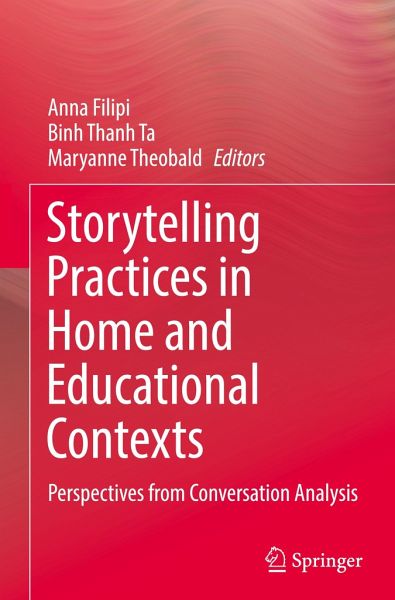
Storytelling Practices in Home and Educational Contexts
Perspectives from Conversation Analysis
Herausgegeben: Filipi, Anna; Ta, Binh Thanh; Theobald, Maryanne

PAYBACK Punkte
53 °P sammeln!
This book brings together researchers from across the globe to share their work on the micro-analyses of storytelling. By doing so, the book helps to deepen the understanding of, and track storytelling practices cross-culturally and longitudinally in the home, at school, and in higher education. Through the unique focus on education and learning, this book provides a lens with which to identify how children's and adolescents' language development and sense of self in storytelling are supported in various contexts: the home, classroom, playground or in the higher education context. It explores ...
This book brings together researchers from across the globe to share their work on the micro-analyses of storytelling. By doing so, the book helps to deepen the understanding of, and track storytelling practices cross-culturally and longitudinally in the home, at school, and in higher education. Through the unique focus on education and learning, this book provides a lens with which to identify how children's and adolescents' language development and sense of self in storytelling are supported in various contexts: the home, classroom, playground or in the higher education context. It explores the work, identity and practices of friends, teachers and lecturers in teaching, learning, reflection and supervision. Importantly, in identifying these practices, the book presents opportunities to assist parents and teachers, to inform pedagogy in teacher education, and to support effective doctoral supervision. The focus on storytelling in homes, education, and for learning, and the practical applications of the findings, contribute to the ongoing research in both education and conversation analysis.
Chapter 10 is available open access under a Creative Commons Attribution 4.0 International License via link.springer.com.
Chapter 10 is available open access under a Creative Commons Attribution 4.0 International License via link.springer.com.





